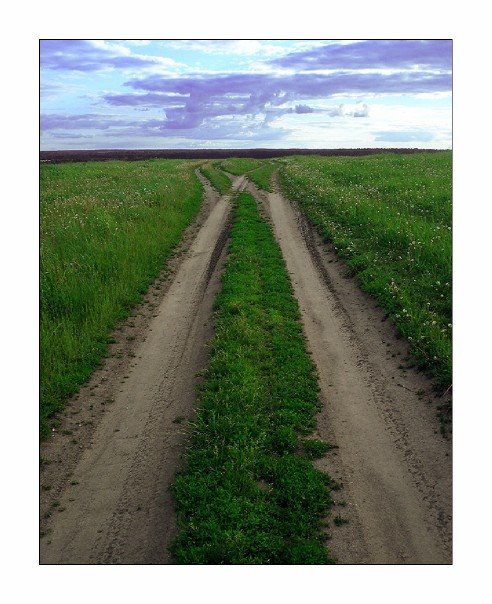By James Rodgers BBC News, Moscow
Former world chess champion Garry Kasparov sees his campaign to change Russia as a mission to safeguard constitutional rights. "It's a very important battle," he told the BBC, at the end of a news conference which he and his political allies had called to outline their plans for a protest on Saturday. He has assembled a bewilderingly broad coalition. It includes former Prime Minister Mikhail Kasyanov and the extremist National Bolshevik Party. The NBP has become known for audacious stunts aimed at embarrassing the establishment. Nevertheless, their flag borrows heavily from Nazi imagery - a hammer and sickle replaces the swastika. They hardly seem likely partners for Western-style democrats. I put it to Garry Kasparov that his coalition, called
"Another Russia", simply lacks popular support.
"At a time when the government controls mass media, and the election process is turned into a mockery, I think to talk about public support is probably useless," he insisted.
Street politics
For now, the campaign ground is the streets. The numbers are small. A similar rally in Moscow in December drew only 3-4,000 people. The marchers were outnumbered by helmeted and heavily booted riot police. Moscow's political establishment is dismissive. "It's a coalition of the losers," Vyacheslav Nikonov, an analyst with close ties to the Kremlin, told me. He argues that Another Russia will never progress from street protest to parliament - the Duma. "Their overall electoral strength is about half a per cent. Russia has a proportional system of elections, and in order to get into the State Duma, they need to get more than seven per cent. There is no way they can get close to that."
One of the frequent complaints made by Another Russia is that they are denied access to the media. Television is by far the most influential news medium in the world's biggest country. All the main channels are controlled by the state, or businesses close to the administration.
A quick glance at Another Russia's own newspaper shows how wide they are casting their net. They call on liberals, communists, nationalists, and people who are not interested in politics, to join them. The next column is headed "Where's the revolution?"
New affluence
The fact is that many Russians have had enough of upheaval and change. For them, the revolution already has come. Its latest phase - in a Russia rolling in mineral wealth - has made them richer. They are happy. You do not get the sense that there is a massive yearning for more radical reforms. But not everyone is a winner. With elections ahead, the authorities seem to want no element of risk. The massive police presence at previous marches bears witness to that. There are also many stories of activists from other regions of Russia being prevented from travelling to Moscow. Before the December demonstration, the offices of Mr Kasparov's organisation were raided.
Masha Lipman of the Moscow Carnegie Centre senses that the Kremlin is nervous.
"Political street activism is in theory unpredictable," she notes. "Nobody knows when it might evolve into something bigger. After all, what happened in Ukraine during the Orange Revolution was totally unexpected. The Kremlin today wants double, and triple, and quadruple protection. They don't want to take chances." Mr Kasparov accepts that this is one game he does not control. "If you look at this as a chess game, I'm not the player, I'm the piece: a very important piece, maybe one of the most important pieces, but still one of many. And we have to win the game." His fellow pieces have come from both flanks of Russian politics. That could frustrate strategy. For now, the former champion's latest gambit does not look strong enough to force the Kremlin onto the defensive - but they are keeping a close eye on his moves.
Subscribe to:
Post Comments (Atom)

No comments:
Post a Comment